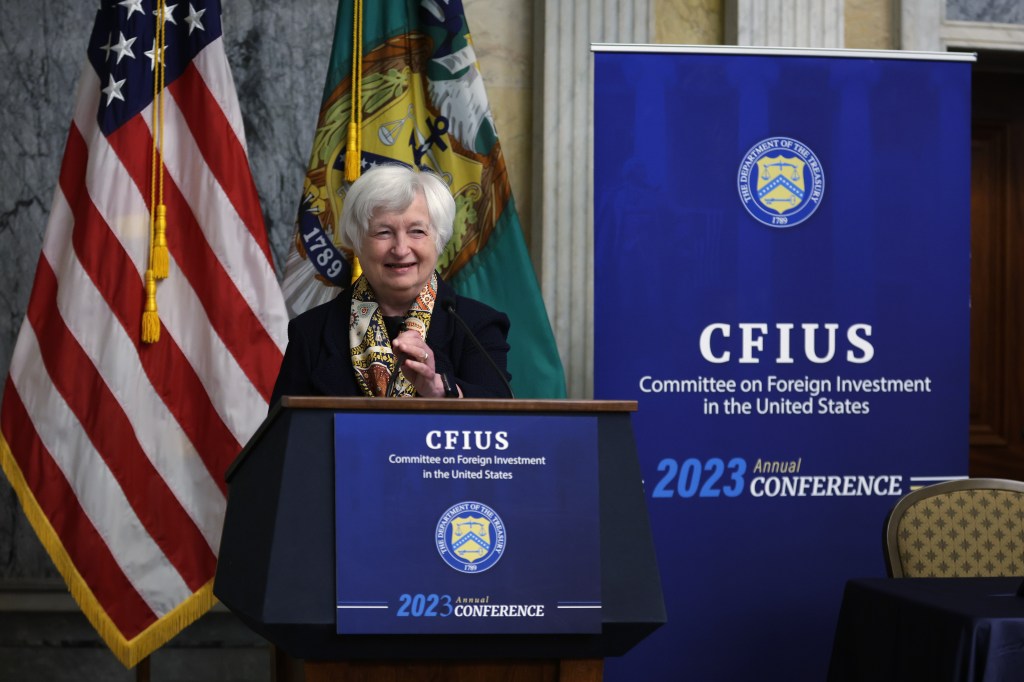The US Treasury Department has announced a final rule that will allow the Committee on Foreign Investment in the US (CFIUS) to look into real-estate sales within one mile of 40 designated installations and within 100 miles of 27 others.
The decision follows a review that began in July that was prompted in part by
Register for free to keep reading
To continue reading this article and unlock full access to GRIP, register now. You’ll enjoy free access to all content until our subscription service launches in early 2026.
- Unlimited access to industry insights
- Stay on top of key rules and regulatory changes with our Rules Navigator
- Ad-free experience with no distractions
- Regular podcasts from trusted external experts
- Fresh compliance and regulatory content every day

















